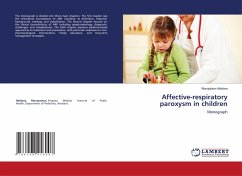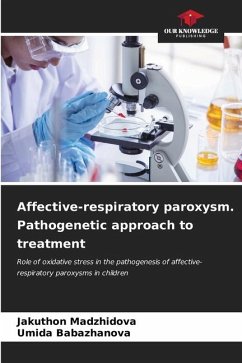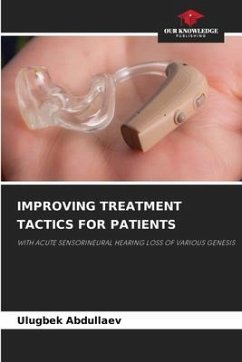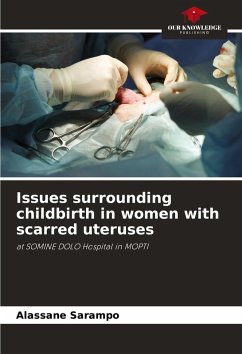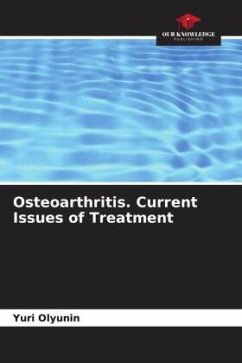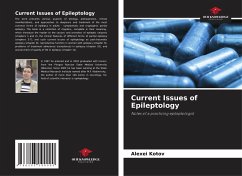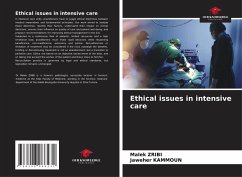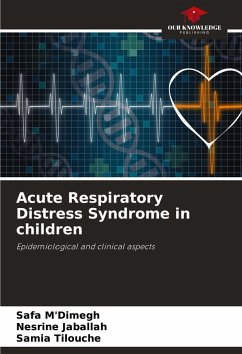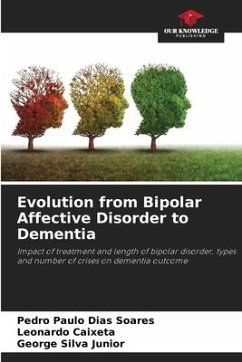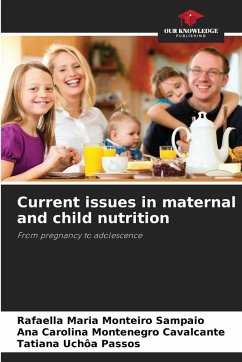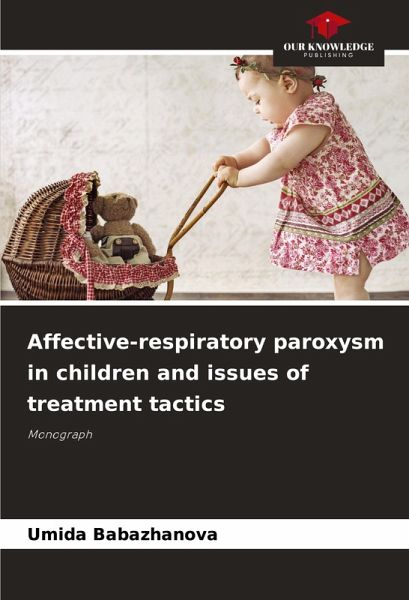
Affective-respiratory paroxysm in children and issues of treatment tactics
Monograph
Versandkostenfrei!
Versandfertig in 6-10 Tagen
40,99 €
inkl. MwSt.

PAYBACK Punkte
20 °P sammeln!
Affective-respiratory paroxysm (ARP) in children is a non-epileptic paroxysmal disorder manifested by involuntary breath-holding, short-term loss of consciousness, and impaired motor activity caused by emotional or physical stimuli. The relevance of the problem is due to the high frequency of misdiagnosis of ARP as epilepsy, which can lead to unwarranted prescription of antiepileptic therapy and negative consequences for the neuropsychiatric development of the child. The monograph by U.T. Babazhanova explores etiopathogenesis, clinical manifestations and risk factors of ARP, and also proposes ...
Affective-respiratory paroxysm (ARP) in children is a non-epileptic paroxysmal disorder manifested by involuntary breath-holding, short-term loss of consciousness, and impaired motor activity caused by emotional or physical stimuli. The relevance of the problem is due to the high frequency of misdiagnosis of ARP as epilepsy, which can lead to unwarranted prescription of antiepileptic therapy and negative consequences for the neuropsychiatric development of the child. The monograph by U.T. Babazhanova explores etiopathogenesis, clinical manifestations and risk factors of ARP, and also proposes diagnostic methods and treatment tactics aimed at preventing complications and improving the quality of life of patients.





